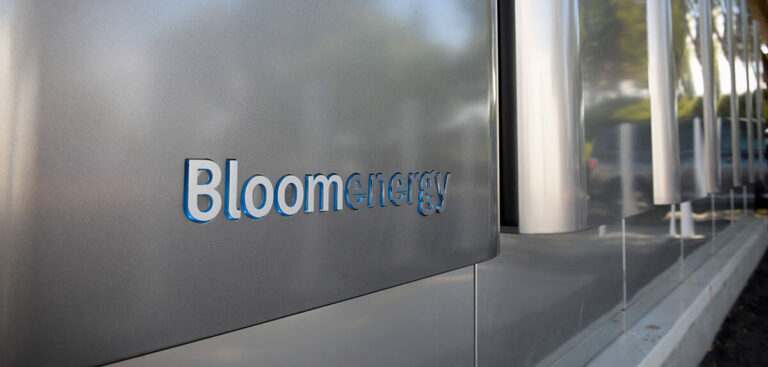Fuel cells from Bloom Energy have demonstrated their ability to greatly increase electrical efficiency on board a cruise ship built by Chantiers de l’Atlantique (CdA). The two companies have now signed a memorandum of understanding that will see the pair collaborate on multi-MW marine installations in the future.
A 150kW solid-oxide fuel cell platform installed on board delivered auxiliary power to the MSC World Europa, a vessel operated by MSC Cruises. During port operations, the boat used LNG to further reduce emissions.
When in port, the Bloom Energy Server demonstrated 60% electrical efficiency, an improvement over other currently available high-efficiency power systems. Additionally, the system reduced carbon emissions by 30% with no methane slippage.
Futureproofed by design, the company’s platform can operate using LNG, blended hydrogen, ammonia and hydrogen, and is also International Maritime Organization 2040- and 2050-ready. The Energy Server platform has passed two safety reviews conducted by the American Bureau of Shipping’s New Technology Qualification Process and Bureau Veritas.
“Bloom Energy fuel cells have shown their effectiveness in decarbonizing land-based industries,” said Suminder Singh, senior director of marine at Bloom Energy. “With the deployment by Chantiers de l’Atlantique, we have now proved that they will be effective in decarbonizing shipping, both in port and on the high seas.”
“We are firmly committed to leading the shipbuilding industry in its transition to a more environmentally friendly future,” said Laurent Castaing, general manager of Chantiers de l’Atlantique. “The in-port performance of Bloom Energy’s fuel cells shows that we have charted the right course to making this a reality. We look forward to having Bloom Energy on board for the future.”
For more on battery technology, please click here.



